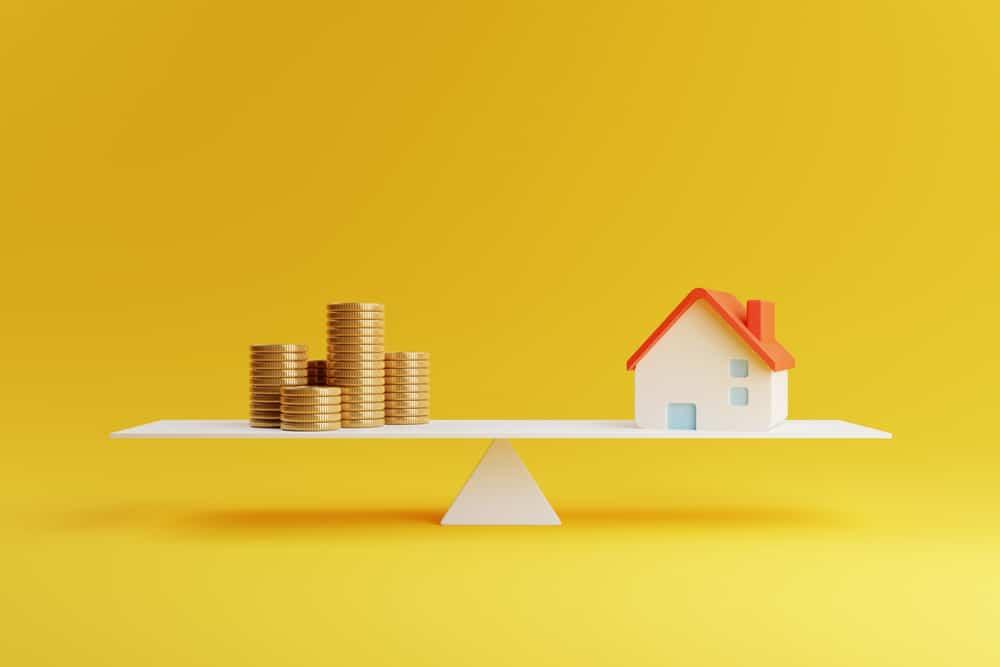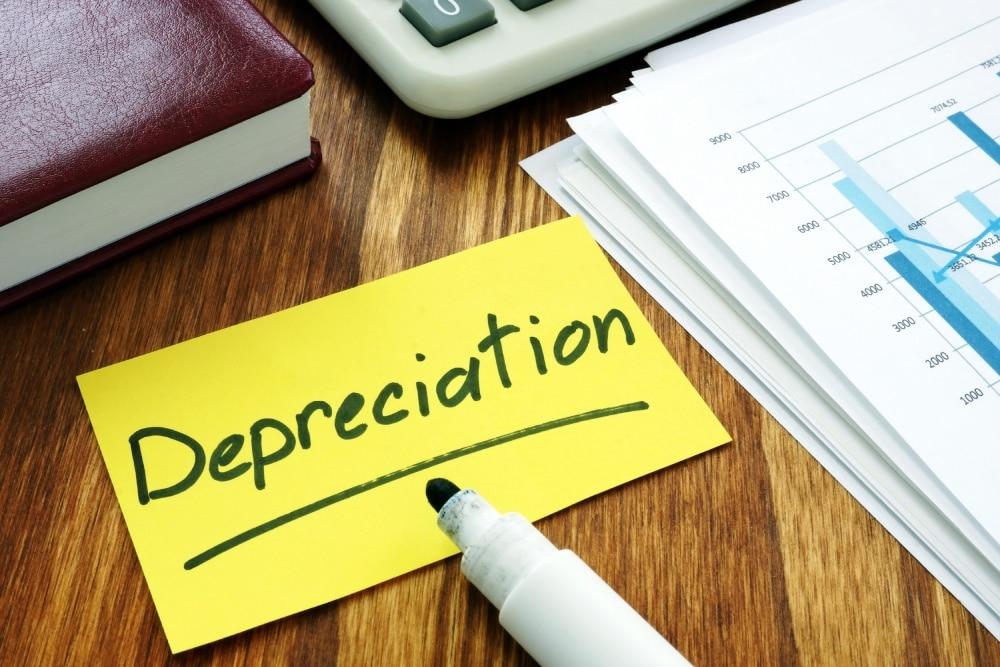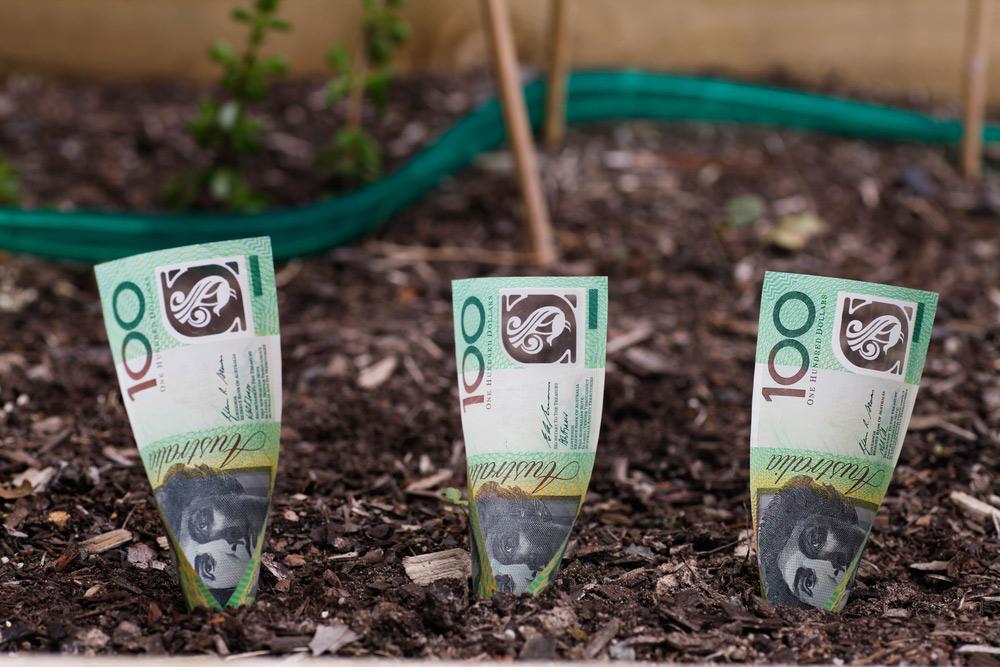
House vs Apartment – Which Is Better for Capital Growth?
Many property investors favour one type of property – either apartments or houses. While there are pros and cons to both, which we will discuss here, one of the often forgotten advantages of houses is the investment you’re making not only in the bricks, but also in the land.
Land value in itself increases over time, and investment in a piece of land also provides opportunity to renovate, subdivide and develop, all of which lead to greater capital growth.
But, with land investment, also comes time, money and skills.
So, what’s the best path to go down?
First, let’s weigh up the clear pros and cons of different property types for different property investors.
HOUSE AND LAND INVESTMENT
Advantages
- Opportunity for higher capital growth – depending on market conditions
- Strategic improvements e.g. renovations, subdivision, development
- Depreciation of the structure of houses
Disadvantages
- Generally lower rental yield
- Higher maintenance costs
APARTMENT
Advantages
- Generally higher rental yield – good for cashflow
- Easier to hold – a strata manager is responsible for the upkeep of the building
- More affordable options available
Disadvantages
- Lack of land value impedes capital growth
- Strata fees
- Limited renovation opportunities
- Some markets are oversupplied
- Banks can have stricter lending policies
HOW DO INVESTORS CHOOSE THE RIGHT INVESTMENT PROPERTY?
While all types of property have good and not-so-good aspects, there are some key decision-making factors that are the same for any property type.
Ask yourself…
Can I afford this property? – Know your numbers. If you can’t afford the deposit, the loan repayments, the taxes you’ll pay, the agent’s fees and any renovations you’ll need to do to ensure good rental income, don’t buy it. Speak to a lender or mortgage broker who can help you work out what you can afford.
Is the location right? – Quality location is one of the golden rules of real estate investment and might be a deciding factor in choosing the style of property you buy. If you know the location is right, but can’t afford to buy a house, an apartment might still allow you to own an investment property in a flourishing area.
Is there enough growth opportunity? – If you’re keen to maximise capital growth from every investment, one of the huge advantages to houses and land investment is the potential to expand. Investing in land means you can create multiple income streams via subdividing, developing or rebuilding. This tactic is only really possible with house and land investment.
BUILDING A DIVERSE PORTFOLIO
Great investors capitalise on a range of opportunities across the real estate spectrum. Before you sign the dotted line, talk to our team of experts to establish the right investment strategy for you.
We have a number of free property investing masterclass webinars to help get you started.
Book your spot now and find out what you need to know about the current market landscape and how you can make it work for the ultimate wealth creation opportunities in 2021 and beyond.
Recent Articles
3 Ways a Property Investor Will LOSE Money!
There are many ways you can win big by investing in real estate. Equally, if you lose sight of the basics, you’ll end up losing something much worse – money! No one sets out on their property journey to go backwards financially, so take note of these three common mistakes that investors often make, because if you don’t, it may cost you in the long run. Here are 3 ways an investor can lose money…
An Investor’s Guide to Multi-Income Properties
When it comes to building a booming property portfolio, diversity is key! There are four primary multi-income types that Australian investors can buy at the moment.
Property Cash Flow Basics For Creating Passive Income
Buying real estate is similar to running a business – good performance is derived from your ability to generate cash flow. For a property investor, this means eventually living off the passive income that your real estate generates. Therefore, it is especially important that you map out your ability to build a portfolio that will deliberately achieve this level of success from the get-go.
How Property Investors Can Reduce Tax Down To Zero!
Those who own real estate are subject to many, different kinds of tax. Some tax is unavoidable. Other kinds of tax are legally, 100% avoidable – or at least able to be reduced substantially. With the Victorian government recently announcing a rise in the land tax threshold it’s even more important that property investors know where they can and should minimise the tax they pay.
A Property Investor’s Guide To Depreciation
Every smart property investor knows that to create and maintain a portfolio, we need to have good cash flow. One of the ways we can support this is by using depreciation and tax. But, just like equity, depreciation only works for us if we know how to access and then leverage it.
A Property Investors Guide To Guaranteed Rental Increases
Rent is your weekly or monthly incomes from your property. And it’s an income you don’t work for. It’s the absolute key to good cash flow and passive income, so it’s essential you are able to keep raising your rents at regular intervals. But, what makes it possible for property investors to do this?
The Only Time You Should Sell An Investment Property
The golden rule of property investing is to buy well and NEVER SELL. However, there are always exceptions to the rule… Firstly, let’s look at why you would keep an investment property? If you buy a great piece of real estate, in the right location, it will always create a passive income for you, so there will be no reason to sell it.
Use Equity To Create Cashflow in 4 Simple Steps!
Equity is an interesting topic when it comes to real estate. Smart property investors know that equity can play a key part in creating passive income that accumulates over time, allowing us to eventually work less and ultimately do more of what we love. But in order to be able to use equity to create passive income, there are some important steps property investors need to take right at the beginning of their journey.
Economy Bounce-back Better Than Expected, What Investors Need To Know
Bouncing back much faster – and stronger – than predicted post-COVID, the Reserve Bank of Australia (RBA) is anticipating a good end to 2021, and a great 2022. But with so much uncertainty over the last 12 months, it’s hard to know if this economy is here to stay, and if so, how it will impact property investors in the long-run.












